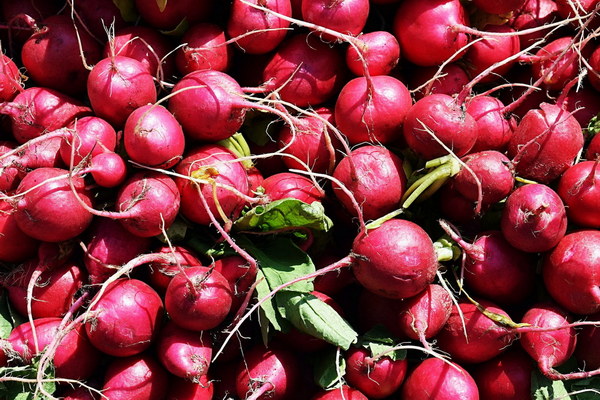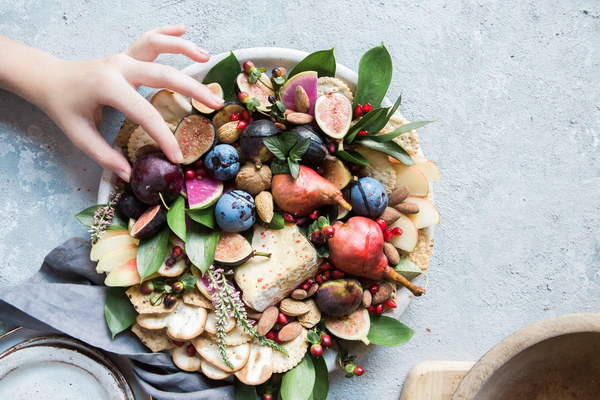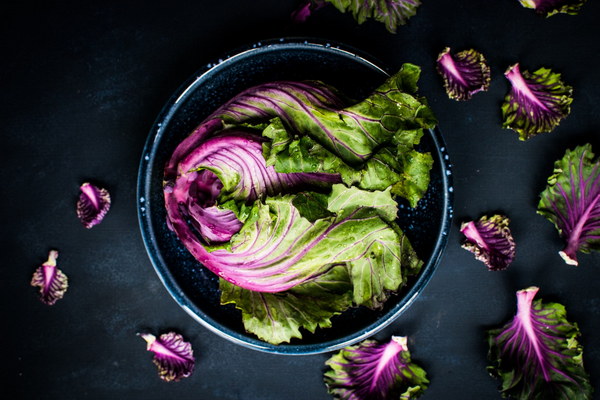Revitalizing Your Lungs A Deep Dive into the Components of Gu Ben Qing Fei Soup
In the realm of traditional Chinese medicine, the Gu Ben Qing Fei Soup stands out as a potent remedy for respiratory issues. Composed of a blend of natural herbs, this soup aims to nourish the lungs, strengthen the body's resistance, and alleviate symptoms of respiratory ailments. Let's take an in-depth look at the key ingredients that make this traditional remedy so effective.
1. Astragalus (Huang Qi)

Astragalus is a vital component of the Gu Ben Qing Fei Soup. This herb has been used in traditional Chinese medicine for centuries, primarily for its immune-boosting properties. It helps strengthen the body's defenses against pathogens and enhances the immune system's ability to fight off infections. Additionally, astragalus is believed to improve lung function and reduce inflammation, making it an excellent choice for respiratory conditions.
2. Codonopsis (Dang Shen)
Codonopsis, another essential ingredient in the Gu Ben Qing Fei Soup, is renowned for its adaptogenic properties. This herb helps the body adapt to stress, thereby improving overall vitality and well-being. Codonopsis is also known for its ability to boost energy levels, enhance the immune system, and improve respiratory function. When combined with other herbs in the soup, it works to strengthen the body's resistance and alleviate respiratory symptoms.
3. White Peony Root (Bai Shao)
White peony root is a traditional Chinese medicine herb that has been used to treat respiratory issues for centuries. This herb has anti-inflammatory and antioxidant properties, which help reduce inflammation in the respiratory tract and protect the lungs from damage. White peony root also helps alleviate symptoms such as cough, phlegm, and chest tightness, making it an essential ingredient in the Gu Ben Qing Fei Soup.
4. White Mulberry Root (Fu Ling)
White mulberry root is a natural diuretic and expectorant, making it an excellent addition to the Gu Ben Qing Fei Soup. This herb helps to expel phlegm and clear the respiratory tract, making it easier to breathe. Additionally, white mulberry root has anti-inflammatory and antioxidant properties, which help protect the lungs and improve respiratory function.
5. Licorice Root (Gan Cao)
Licorice root serves as a harmonizer in the Gu Ben Qing Fei Soup, balancing the effects of the other ingredients. This herb has anti-inflammatory, expectorant, and demulcent properties, which help alleviate cough and soothe the throat. Furthermore, licorice root can enhance the absorption of other active compounds in the soup, ensuring that the body receives the maximum benefit from the herbal blend.
6. Elderberry (Zao Shu)
Elderberry is a powerful antioxidant and immune-booster, making it an excellent addition to the Gu Ben Qing Fei Soup. This herb helps to reduce inflammation and protect the respiratory tract from pathogens. Elderberry also has a natural expectorant effect, which helps to clear the lungs of phlegm and relieve coughing.
In conclusion, the Gu Ben Qing Fei Soup is a time-honored traditional Chinese medicine remedy that combines the power of several natural herbs to nourish the lungs, strengthen the body's defenses, and alleviate respiratory symptoms. By understanding the unique properties of each ingredient, we can appreciate the effectiveness of this traditional remedy and its ability to bring relief to those suffering from respiratory conditions.









